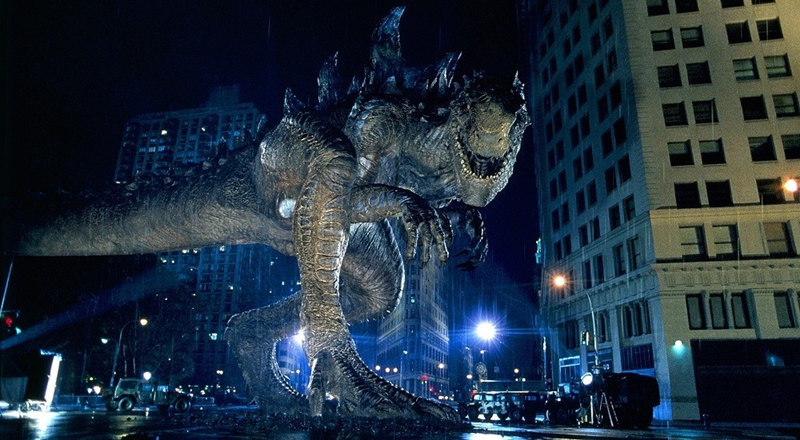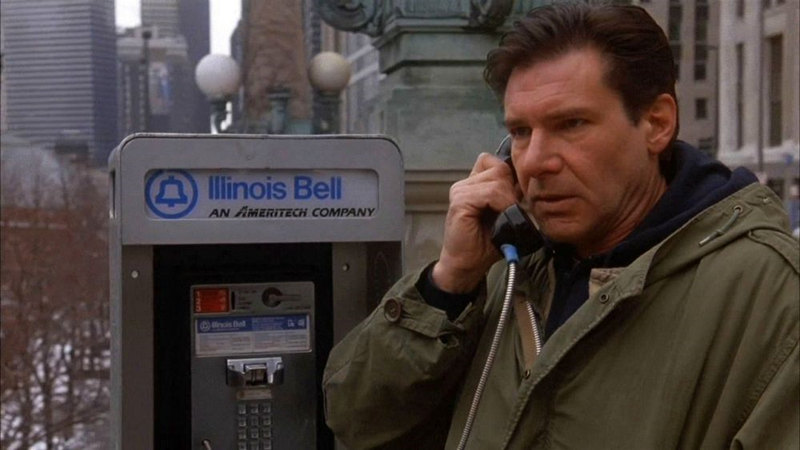Normally Woody Allen reserves his cinematic love letters for New York City, but in 2011 he shared his passion for Paris in “Midnight in Paris,” and he does the same with Rome in “To Rome with Love,” a 2012 ensemble comedy starring Allen, Alec Baldwin, Roberto Benigni, Penélope Cruz, Judy Davis, Jesse Eisenberg, Greta Gerwig, and Ellen Page.
But the fantasy element that worked so well in “Midnight in Paris” works against “To Rome with Love,” teetering between amusement and pretension. In “Paris” we knew that there was something about a certain street corner at midnight that was a portal to an earlier time in Paris, and it was both funny and charming to watch a would-be writer who wished he could have been a part of the ‘20s’ scene in Montmartre rub shoulders with this bunch. Maybe it was only his imagination that willed his amazing transport back in time, or maybe it really WAS a portal that picked just the right guy to suck in. Either way, it left you free to appreciate the performances, the characters, and the many playful allusions to famous artists, musicians, and writers from the time period.
“To Rome with Love” doesn’t have a clear threshold that announces when the narrative is kicking into fantasy mode. For a while, you think it’s a straight reality anthology, with an intro and brief voiceover narration by a policeman who makes his living directing traffic from an intersection platform. I’ve seen it said that “To Rome with Love” is a magical realist romantic comedy, but magical realism requires that everything but one key element be real, and that the fantasy element be treated so matter-of-factly that we can’t tell the difference. That works for some of the plot lines, but not all.
It’s straight out of Gabriel Garcia Marquez, for example, to have an ordinary man wake one day to discover that he’s a celebrity—hounded by the press and by paparazzi who want to know every little detail about his life, including what he had for breakfast. As the stupified everyman, Roberto Benigni makes you appreciate the absurdity of our celebrity culture that entices average people to participate in embarrassing reality shows just for the chance to become famous. The fawning attention can become addictive.
Then there are newlyweds Antonio (Alessandro Tiberi) and Milly (Allesandra Mastronardi), an Italian couple relocating to Rome because of a job opportunity for Antonio. They seem to be perfectly in love, but when Milly decides to go to a salon and gets lost, then loses her cell phone down a drain and can’t call her new husband to let him know that she’s somehow ended up on the set of a French movie production starring an older, balding actor she idolizes. But it’s just as well. She forgets all about her husband and spends time with Luca Salta (Antonio Albanese). Her husband, meanwhile, is visited by a high-end call girl (Penélope Cruz) who may or may not have been sent to his room by mistake. And he too seems to forget about his new bride as days pass, because he’s so ambivalently diverted.
In another plot thread, an American tourist (Alison Pill) came to Italy and fell in love with a pro bono Italian lawyer named (of all things) Michelangelo (Flavio Parenti). They decide to get married, and her parents (Allen and Judy Davis) fly to Italy to meet the prospective son-in-law. In this entertaining segment, Michelangelo’s father (Fabio Armiliato), a mortician, sings in the shower—so impressively operatic that Allen’s character decides to push him to try to make a career out of it.
All of that seems logical enough—for even magical realism or fantasy must have its own internal logic. Then we get the thread featuring Alec Baldwin as an architect on holiday with his wife and their friends. He’s romanticized Rome because as a young man he lived here, and there’s nothing more powerful than nostalgia from that youthful period. He wanders the streets looking to revisit old haunts, and soon stumbles upon a young American (Jesse Eisenberg) who tells him that HE lives on the very same street the man is looking for. An invitation to come home to him and his wife is complicated by a visit from the wife’s best friend (Ellen Page), who’s on the rebound after being dumped. And here’s where the screenplay by Allen becomes troublesome. It’s the first time when logic flies out the window, and Baldwin’s character transforms from someone believably flesh-and-blood to someone who pops in an out like Bogie, from Woody Allen’s earlier film, “Play It Again, Sam.” So is he real, or not? Since he was waxing the most nostalgic about Rome, is this all a fantasy of his, something in his mind? And if that’s the case, are the other three story lines also a figment of his imagination?
But all of this is far-removed from magical realism, and it makes it hard to process the film, which, frankly, isn’t as charming and fresh as “Midnight in Paris.” It’s clever in spots and it has engaging characters, but ultimately the logic that’s supposed to be the underpinning instead undermines the film.
Just as mystifyingly, “To Rome with Love” earned an R rating for “some sexual references,” when it has no nudity and only a limited amount of vulgarity and sexual situations. I’ve seen PG-13 films with far more of everything. So was this an attempt to draw audiences in? I don’t know. I only know that “To Rome with Love” is a 6 out of 10, compared to “Midnight in Paris,” which was an 8 out of 10.
The Sony Pictures Classics film has a run-time of 112 minutes.
Video:
“To Rome with Love” is presented in 1.78:1 aspect ratio and mastered in High Definition, with an AVC/MPEG-4 transfer delivering a solid picture. Skin-tones are natural, edges are strongly defined, colors are true-looking, and if there were any artifacts from the transfer, I didn’t see them. It’s a solid offering from Sony.
Audio:
The featured audio is an English and French DTS-HD MA 5.1, with an optional English Audio Descriptive Track and subtitles in English, English SDH, French, Hindi, and Spanish. Though there isn’t as much ambient sound as I would have expected—then again, how much ambient sound was there on the streets of Allen’s New York?—it’s still an audio that feels rich and clarified.
Extras:
Included is nine-minute “Con Amore: A Passion for Rome” featurette, in which we get the usual background stories and reason-for-filming/living. But that’s all.
Bottom line:
The line between “offbeat” and “just plain confusing” is as thin as the line between successful and unsuccessful, and Allen walks both lines with all the clouded judgment of a man who’s had one too many fantasy-reality cocktails. The characters and acting are engaging, and three out of four story lines make sense. But it’s that fourth confused story line that makes the film wobble. Compared to “Midnight in Paris,” this homage isn’t nearly as sure-footed.


